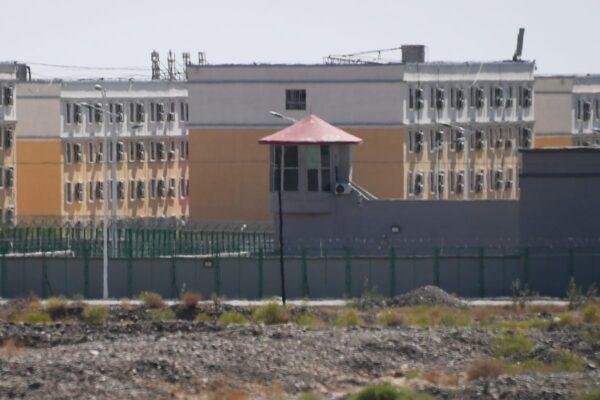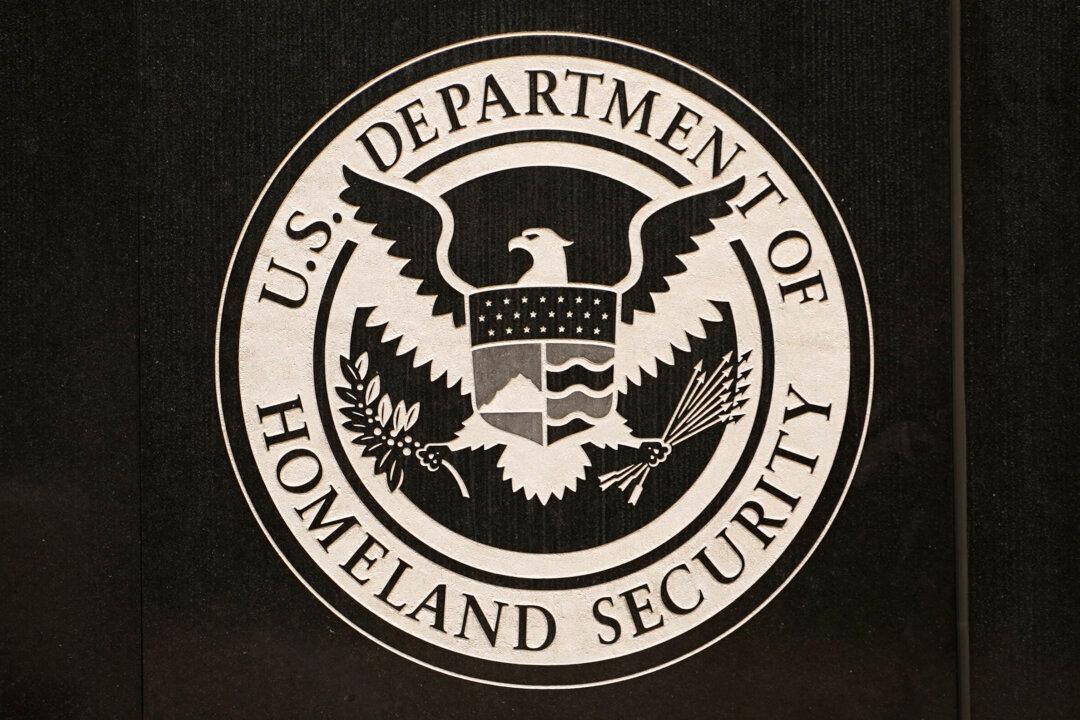Camel Group, a lead-acid battery producer, Chenguang Biotech Group, a food additive manufacturer, and its subsidiary Chenguang Biotechnology Group Yanqi, are blacklisted for their participation “in business practices that target persecuted groups, including Uyghur minorities” in China’s Xinjiang region, according to the announcement.
Effective Aug. 2, the enforcement aims to hold China’s communist regime accountable for the “ongoing genocide and crimes against humanity against Uyghurs” in Xinjiang, the statement reads.
“We will continue to work with all of our partners to keep goods made with forced labor from Xinjiang out of U.S. commerce while facilitating the flow of legitimate trade,” DHS Secretary Alejandro N. Mayorkas said in the press release.
To date, 24 companies are being sanctioned under the Uyghur Forced Labor Prevention Act, signed into law by President Joe Biden in December 2021, according to the DHS.
“The Forced Labor Enforcement Task Force continues to send a strong message to industry that the United States will not tolerate forced labor in our supply chains and that we will always stand up against cruel and inhumane labor practices,” said the Chair of the Forced Labor Enforcement Task Force, Under Secretary for Policy Robert Silvers.
“We are committed to the eradication of forced labor around the world,” Mr. Silvers said in the press release.

Beijing has repeatedly denied “forced labor” and “genocide” practices in Xinjiang, calling the U.S. allegations “lies,” “disinformation,” and “groundless stories.”
“Coercive labor transfers for seasonal agricultural work such as cotton picking have continued through at least 2022 and remain part of Xinjiang’s official Five-Year Plan for 2021-25,” Mr. Zenz wrote in an analysis piece for Foreign Policy.
“Labor transfers subject Uyghurs to state-assigned work placements. They often separate them from their families and communities, subjecting them to intensive surveillance, long work hours, and mandatory political indoctrination and Chinese language classes in the evenings,” he wrote.
The report also mentioned Camel Group and Chenguang Biotech Group as two of the four companies operating in Xinjiang and financed by the International Finance Corporation, a member of the World Bank Group.




